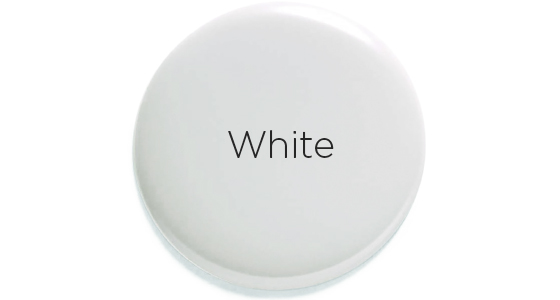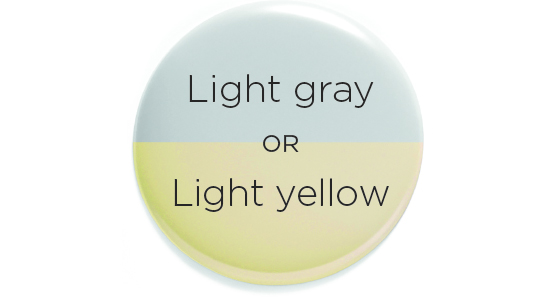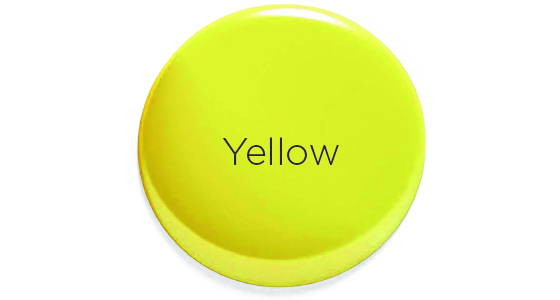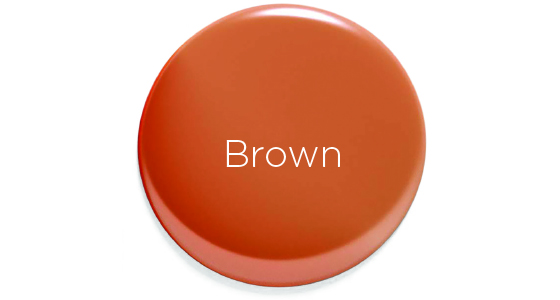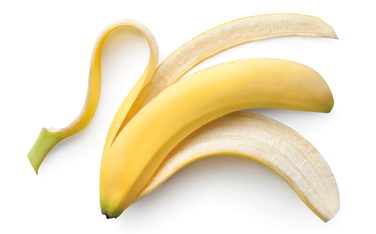Despite the countless ads and commercials glamorizing perfect pearly white teeth, it’s important to remember that teeth naturally darken with age. Dentin, the hard, inner part of teeth, is primarily responsible for their color. As you get older, your enamel, the thin outer covering of teeth, may also affect your teeth’s appearance. While genetics cause teeth to vary in color from person to person, and even from tooth to tooth, other big factors are age and diet.
What the color of your teeth says about you
White teeth
Teeth are whitest when your body is young and growing. Have you ever noticed how white babies' teeth are? It’s not just because babies rarely drink teeth-staining beverages like coffee, but because baby teeth (also called primary teeth) are more calcified than permanent teeth. Plus, since the dentin in baby teeth is very light yellow — almost white — not much color is visible through the translucent white enamel.
Light gray or light yellow teeth
As permanent teeth replace your baby teeth, you’ll notice your smile isn’t as white as before. Permanent teeth are naturally darker than baby teeth, because of their tooth structure. The dentin in permanent teeth comprises more of the tooth structure than in baby teeth, meaning that dentin has a bigger impact on the color of permanent teeth. And, as dentin darkens with age, it’s more likely to be visible through enamel, making your teeth appear more yellow or gray.
Yellow teeth
Dentin darkens with age, but yellow teeth typically means that your enamel has been stained by what you eat and drink. Coffee, tea and red wine have powerful pigments that attach to your enamel and alter the color of your teeth. Plaque buildup can also accumulate, leaving teeth dirty and yellow. Brushing, flossing and regular dentist visits can usually remove yellow plaque buildup, but over time without regular care, plaque can actually permanently stain your teeth.
Brown teeth
If your teeth appear brown, it’s typically the result of yellow stains worsening. Age, injury, medication and even genetics can cause teeth to darken. But all-too-common culprits of brown discoloration are smoking and chewing tobacco. If you see brown spots on your teeth, however, you should schedule an appointment with your dentist, as this may be a sign of tooth decay.
Reversing discoloration
If you’re interested in whitening your teeth, talk to your dentist about your options first. Your dentist will be able to recommend the safest and most effective method specifically for your teeth. However, since whitening can cause tooth and gum sensitivity, your dentist may discourage this procedure if you already have sensitive teeth. Plus, if you have crowns, fillings or teeth stained by antibiotics, whitening typically will not work. Also, since teeth whitening procedures are often not covered under dental plans, you should be prepared to pay out of pocket for this expense.
Alternative brightening methods
Teeth whitening isn’t your only option if you want bright, healthy looking teeth. Try adopting some of these practices to improve your smile:
• Don’t smoke or chew tobacco.
• Brush twice a day.
• Floss daily.
• Get regular dental cleanings.
• Limit alcohol, tea and coffee intake.
• Drink plenty of water daily.
• Eat a balanced, healthy diet.
Cute, delicious and low-carb?
Mini eggplant pizzas are packed with flavor and smile-boosting ingredients.
Why chew gum
Get a closer look at the risks and rewards.
Going bananas
Can you really use a banana peel to whiten your smile?

